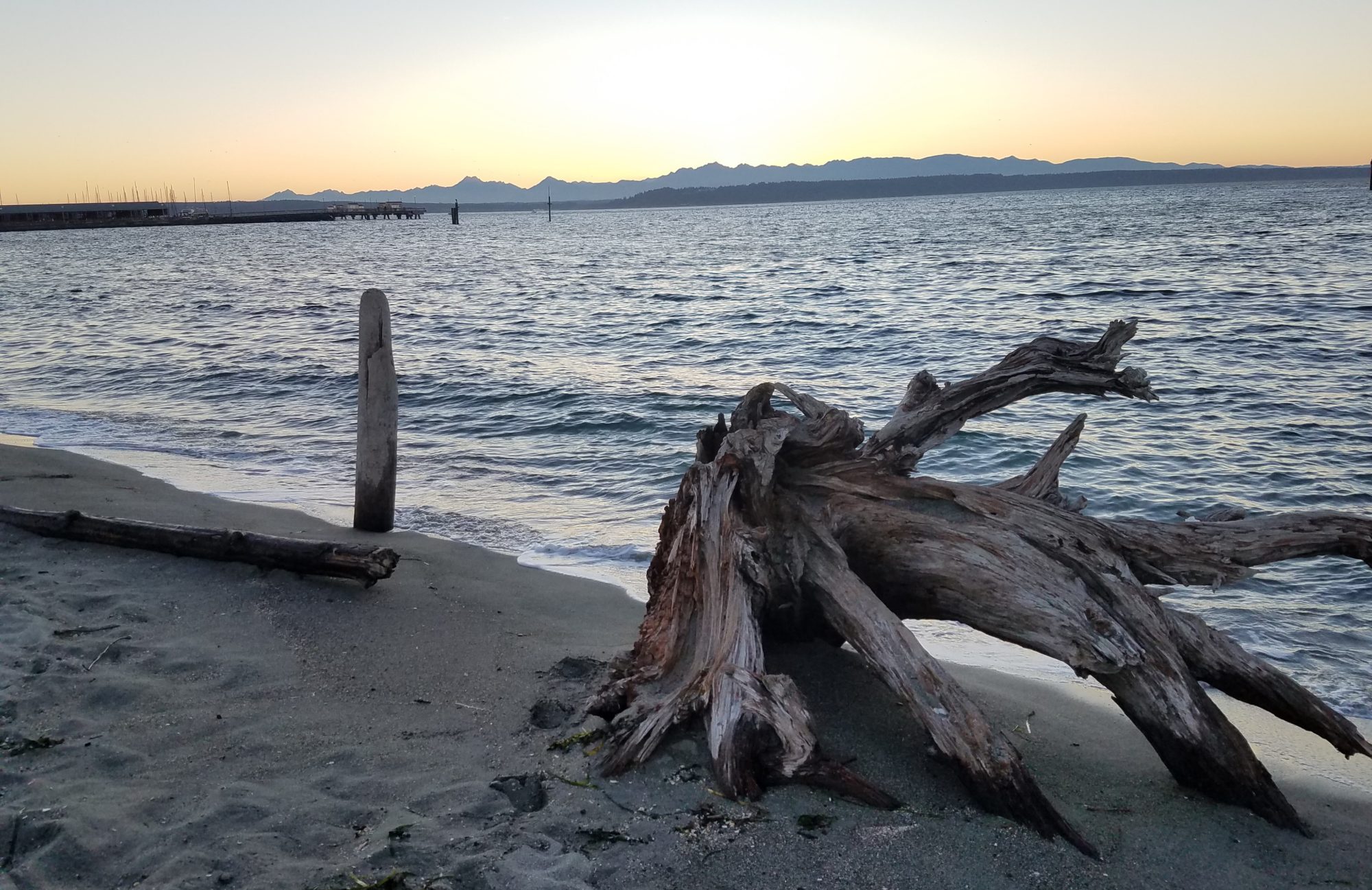In this beautiful meditation practice from Fr. Richard Rohr’s blog we invoke the power and presence of Mary Magdalene to integrate the feminine and masculine within.
Practice: Bride and Beloved
Today’s contemplative practice is inspired by the life of Mary Magdalene and her role as an icon and archetype for the full partnership of women in the divine. Psychotherapist Joan Norton offers a meditation in which we can all participate.
I’m grateful for the stories of Mary Magdalene because she fully lived a woman’s life of love and relationship, while also being a source of special spiritual knowledge. In her we find guidance for both the inner life of the spirit and the outer life of love. That has always been the role of the feminine face of God. I’m grateful for the pathways to self-knowledge that Mary Magdalene’s stories provide. . . .
Forever we have been told to seek the Kingdom within. Now . . . we seek to understand the feminine energy of God, which we can call the “Queendom within.” Together they are a whole known as the Divine. . . .
She Brings Goodness upon the Land
Close your eyes and feel your feet on the floor. Breathe a simple breath . . . and another breath even slower than the first one . . . and now another breath . . . still so slowly.
You are safe here in this room, with your feet on the floor and the floor upon Mother Earth . . . your feet are feeling the warmth of the earth, so secure and so safe . . .
Breathe again deeply and slowly . . . your feet are heavy now and comfortable on the floor . . .
Once upon a time it was foretold that the Bridegroom would have a Bride and that goodness would be upon the land and healing would come from their union . . .
Breathe . . .
It was foretold that the two halves of God would be together as One . . .
Wholeness is our birthright . . . Breathe deeply and remember your whole and sacred self . . .
There was a time when we women knew ourselves to be in sacred partnership, knew ourselves to be the Sacred Complement to the Bridegroom . . . knew that masculine and feminine God meet within each human being . . .
Breathe again slowly . . .
Breathe into a place within your heart, a place of knowing yourself as Sacred Partner . . . as soul partner . . . as Bride and Beloved . . .
It was foretold . . . and let that time be now . . . and let that sacred vessel be me . . .
Sit in silence for a while and let images or feelings surface within you.
(Allow 5 or 10 minutes.)
Open your eyes and come back into the room, as you are ready.
What were your experiences during this meditation?
Joan Norton also offers this journal question, which is an important one for both women and men to reflect on.
In the Song of Songs (5:7) the bride says, “They beat me and wounded me and stripped my mantle from me.” In what ways do you feel women have been treated disrespectfully by your religion?
Joan Norton and Margaret Starbird, 14 Steps to Awaken the Sacred Feminine: Women in the Circle of Mary Magdalene (Bear & Company: 2009), 17–18.

